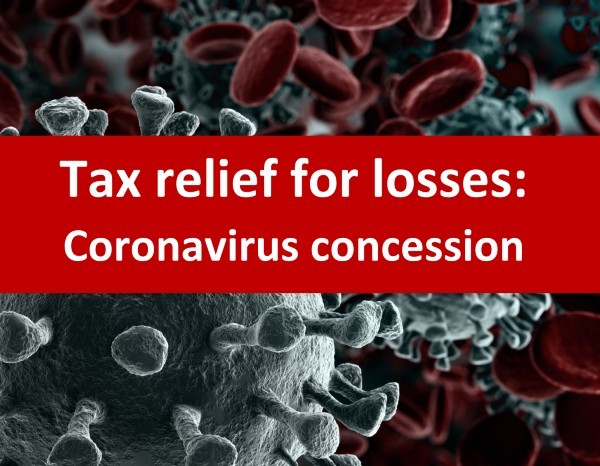
Businesses that have struggled through the pandemic may find that when they come to do their accounts where they’ve usually made a profit, the business has made a loss. Whether and how that loss can be used depends on whether the accounts are prepared using the 'cash basis' (recording revenue when cash is received, expenses when they are paid) or the 'accrual basis' (recording revenue when earned and expenses when incurred).
Cash basis
The 'cash basis' is how many businesses with turnover of less than £150,000 prepare their accounts. This method might save time but unfortunately it severely restricts how a loss can be used. This is because a loss can usually only be carried forward against future profits of the same business and not relieved against other income or carried back against past profits. If you have losses that you want to utilise other than by carrying forward, you will normally have to 'opt out' of the cash basis and use the 'accrual basis' instead. However, for the year 2021/2 special Coronavirus concession rules allow carry back without the need to 'opt out'. Companies and Limited Liability Partnerships are required to use the 'accrual' basis.
Sideways loss relief
Losses calculated under the 'accrual basis' of accounting can reduce the tax payable on any other income of the current tax year or tax that has been paid for the previous tax year. Tax relief can also be claimed by offsetting the loss against any capital gain incurred but only if offset is not possible against other income. Where a claim is made for both the current and the previous tax year, the taxpayer must specify which tax year takes priority. The loss must first be set against the first-choice year, any balance remaining after profit for that year has been reduced to nil can be set against the second-choice year - it is therefore not possible to make a partial claim, e.g., to preserve personal allowances.
Coronavirus concession
As part of the measures to help businesses during the pandemic, the government introduced a temporary Coronavirus concession to allow the carry back of losses over a longer period with a view to enabling a tax refund, if available. This concession applies to trading losses made by unincorporated businesses for tax years 2020/21 and 2021/22 and companies in accounting periods ending between 1 April 2020 and 31 March 2022. The rules permit losses to be carried back for a period of three years to the extent that they have not already been fully used under the normal offset rules, with losses being carried back against later years trading profits first. For businesses using the 'cash basis' of calculation usually losses can only be carried forward; under the Coronavirus concession the losses can be carried back up to three years against trading profit only. Loss relief for the current tax year 2022/23 will revert to the normal rules.
The 'cap'
Under the usual offset rules, up to £50,000 or 25% of 'adjusted total income' of the loss can be claimed against general income (and capital gains) for either the current or previous tax years. 'Adjusted total income' is total taxable income before personal allowances but after considering Gift Aid contributions and pension contributions. There is no 'cap' on losses carried forward.
Under the 'Coronavirus concession' rules the 'cap' was increased to £2,000,000.
Please note
The time limits for claiming the 'Coronavirus concession' relief are 31 January 2023 for trading losses in the tax year 2020/21 and 31 January 2024 for trading losses in 2021/22.
Need help?
Our free helpline is available to any business owner or manager who has a query relating to relating to accounting or tax. Just email us at enquiries@torgersens.com and include the following information:
- Your name
- Your company name
- Your telephone number
- Brief details of your query
We will aim to email or call you within 24 hours of your email reaching us, between Monday and Friday.

.jpg)
.jpg)

.jpg)



